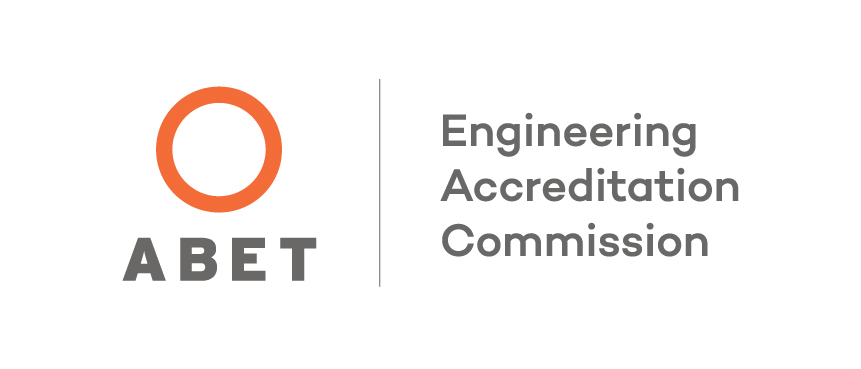Accreditation
Petroleum Engineering Program

The ABET accreditation process, a voluntary, non-governmental process of peer review, helps assure quality in educational programs. ABET-accredited educational programs must meet certain defined standards. The petroleum engineering program is accredited by the Engineering Accreditation Commission of ABET.
Program Mission
The petroleum engineering program at Missouri S&T educates engineers and prepares leaders for the worldwide petroleum industry, and performs meaningful research that advances oil and gas recovery. Students graduating from the petroleum engineering program will be prepared to serve the industry through their technical knowledge, ethical commitment, and participation in professional societies. Two particular strengths of the S&T petroleum engineering program are that students are given a strong grounding in geosciences, and they take a two-course sequence in finite element modeling and mechanical earth modeling to better understand the importance of geomechanics in modern petroleum engineering.
Program Educational Objectives
Graduates of the program will exhibit proficiency and excellence in the following attributes:
- Use modern engineering tools and techniques to identify and solve technical problems associated with the production and management of oil and gas resources;
- Acquire knowledge about the techniques and tools of mechanical earth modeling to solve petroleum engineering problems;
- Appreciate and function within economic, environmental, societal and ethical constraints;
- Create, assimilate, synthesize and communicate knowledge effectively;
- Work effectively in multi-disciplinary teams in diverse environments and who exhibit effective communication skills; and
- Adapt to change through life-long learning
Student Outcomes
Graduates of the program will exhibit proficiency and excellence in the following attributes:
- Identify, formulate, and solve complex engineering problems by applying principles of engineering, science, and mathematics;
- Apply engineering design to produce solutions that meet specified needs with consideration of public health, safety, and welfare, as well as global, cultural, social, environmental, and economic factors;
- Communicate effectively with a range of audiences;
- Recognize ethical and professional responsibilities in engineering situations and make informed judgments, which must consider the impact of engineering solutions in global, economic, environmental, and societal contexts;
- Function effectively on a team whose members together provide leadership, create a collaborative and inclusive environment, establish goals, plan tasks, and meet objectives;
- Develop and conduct appropriate experimentation, analyze and interpret data, and use engineering judgment to draw conclusions;
- Acquire and apply new knowledge as needed, using appropriate learning strategies; and
- Use Mechanical Earth Modeling tools and techniques to solve problems associated with drilling and production of oil and gas

Follow Geosciences and Geological and Petroleum Engineering